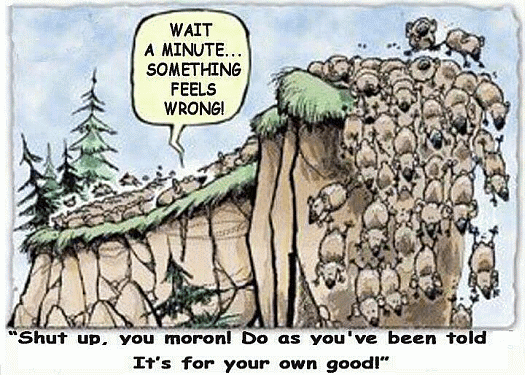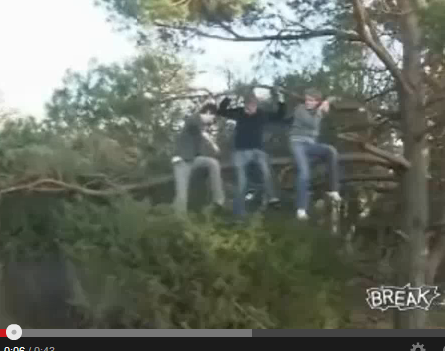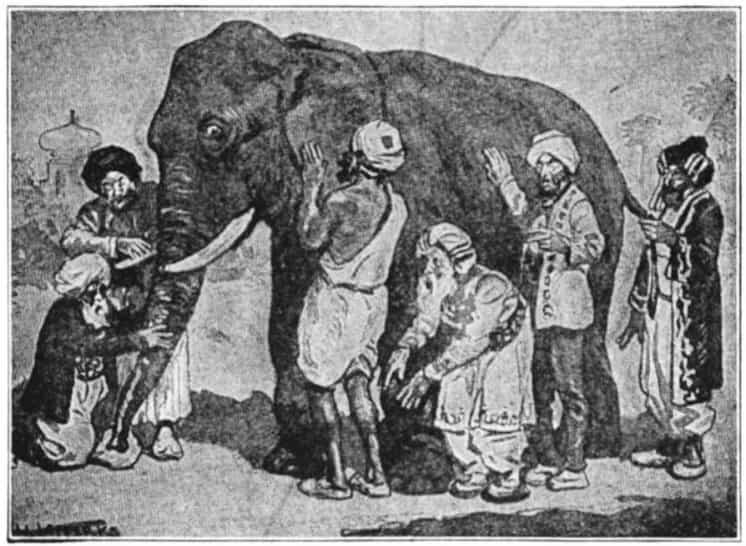In the course of exploring the marginalisation/disappear-ING of moral knowledge, Professor Dallas Willard gave an expanded definition of knowledge that also draws out the legitimate authority of knowledge; including, moral knowledge, i.e. knowledge of duty to right conduct etc. As we can see from his handout for a 2010 video lecture:
What is knowledge and what does it do? Knowledge is the capacity to represent something as it is, on an appropriate basis of thought and experience. It and it alone confers the right and perhaps the responsibility to act, direct action, formulate policy and supervise its implementation, and teach. This helps us see what disappears along with “moral knowledge.”
He goes on to note on the “[f]ear or resentment of knowledge itself as oppressive,” noting too on “[g]rowth of the idea that it is always wrong to make moral judgments: that only bad or disgusting people do that.” He then observes on “[t]he failure in [academic] Philosophy to recover moral knowledge”
In his 2007 essay, “Where Is Moral Knowledge?,” he had remarked:
We have knowledge of any subject matter when we are capable of representing it as it is on an adequate basis of thought and experience. That is what “knowledge” means in ordinary life, and what you expect of your electrician, auto mechanic, and physician. The subject matter might be the English alphabet, the history of golf, the structure of the hydrogen atom, or others. The “adequate basis” can, sometimes must, include the word of others who have knowledge. We call our knowledge in that case knowledge by “authority”—though the word is more august than the fact. By far the most of what we know we know “by authority,” but that does not mean that it cannot be questioned or, in most cases, that there are no other ways of discovering it or verifying it. Most people who know the multiplication tables have never yet thought out a tiny portion of them to see for sure, and why, they are true. But they do know them, because those tables are given to them in a social context that warrants their acceptance as true. And they are true, and it is possible for a bright and enterprising child to think them out to see that they are true and why they are.
He then added:
But knowledge can “disappear.” This is because its public presence and availability depends upon the maintenance of a social context with authoritative institutions that sustain, refine and disseminate it. If for whatever reasons social institutions fail to do this, the respective knowledge will “disappear,” cease to be available.
There is much food for thought here. First, Willard’s definition is closely related to the updated, post-Gettier understanding, that knowledge is warranted, [credibly] true [and so, reliable] belief.
So:
- We may adjust for the weak, commonly used sense of knowledge by recognising that credible truth and reliability of claimed and accepted knowledge [i] are established for cause and [ii] equally are subject to amendment for cause.
- This brings in objectivity, as addressing our error proneness and filtering for reliability and opening up general access to what is knowable.
- Willard’s adequate base of thought and experience has to do with warrant, and
- “as it [credibly] is” speaks to truth. Truth, accurately describing relevant entities and states of affairs as they actually are. (Not as we may imagine, wish or fear they may be.)
- Belief or adherence is implicit, one can only know what one acknowledges and so believes to be the case.
- Further implied, is the context, a coherent, functional body of knowledge, this is not just about at-random isolated bits and pieces.
Now, obviously, while knowledge can be disregarded or abused oppressively, there is no good reason to instantly suspect knowledge of being oppressive. Not even, moral knowledge. What is it that would be inherently or overwhelmingly oppressive about Ciceronian first duties of reason? Namely, duties:
1st – to truth,
2nd – to right reason,
3rd – to prudence [including warrant],
4th – to sound conscience,
5th – to neighbour; so also,
6th – to fairness and
7th – to justice
[ . . .]
xth – etc.
Why on earth, would reasonable people be led to the view that “it is always wrong to make moral judgments: that only bad or disgusting people do that”? (Including, the judgement, that it is wicked and utterly evil to kidnap, sexually torture and murder a child for fun?)
Something has gone deeply wrong.
To begin to fix such, let us note “right,” “responsibility,” “always wrong” and “only bad or disgusting people.” These are all markers of the branch on which we sit, pervasive, first principle status of the Ciceronian first duties and thus of how even objectors constantly appeal to them. (Of course for months there has been refusal to acknowledge that despite dozens of examples here at UD coming from objectors.)
I suggest, Willard put his finger on a key issue when he noted “[K]nowledge . . . alone confers the right and perhaps the responsibility to act, direct action, formulate policy and supervise its implementation, and teach.“
The root problem, in short, is that we are dealing with those who refuse to acknowledge objective moral knowledge as it would confer legitimate authority to what and to those they have a quarrel with. So, they sweep away a whole category of knowledge, regardless of its actual warrant. And, because this refusal has been increasingly institutionalised, moral knowledge has been made to disappear. The new magisterium wishes to impose very different rules and agendas. The damaging self-referentiality is obvious.
Now, we have also seen how the story of the blind men and the elephant has been used to promote the radical relativisation of morality. However, it turned out that the sighted narrator was subtly posing his perspective as objective and corrective of the blunders of the blind. So, insofar as the narrator is seen as undermining objective knowledge, he is actually caught in a self-contradiction and thus is in reduction to absurdity.
Instead, we may rework our understanding of the parable in ways that help us to better understand objectivity of knowledge in general, and its legitimate authority.
As was further noted in 48d:
First, what if there is no true narrator, s/he is just the next blind man over, N1 = B7. On this supposition, we are then left to correct the pretence to transcend blindness, perhaps by reductio, then by exchange of experiments and observations, discussion and the like we may seek to have a more reliable overall view through analysis and correction. We may even need to clarify what it means to be sighted.
This is of course the historic Western paradigm of the community of scholarship, exploration/experiment and critically aware discussion towards objective synthesis. And to the extent that warrant is indeed established such can create an objective knowledge base that uses logically guided reasoning to compensate for and correct biases. Obviously, open ended and ideally self-correcting. However, prone to captivity of skeptical ideologies.
Another possibility is the existence of a genuine global narrator, N*. Learning to calibrate such and its narrative and granting it trust on establishment of reliability and insight is a major exercise in a cynical, hyperskeptical age. Hence, Plato’s parables of the cave and the ship of state.
So, we can see how a body of objective knowledge can be built up by limited, error-prone investigators once they share an in common focus for investigation and are willing to work together. I would suggest that our inner contemplations (such as we use in Mathematics, e.h. contemplate the null set { } –> 0) and reasoned argument can rebuild objective knowledge on morality, and could even open up calibrating testimony, record and revelation once there is enough to calibrate authenticity. Thus, the legitimate authority of knowledge including of duty to right conduct etc can be restored.
Are we willing or will we insist on doing as the mythical lemmings:

The choice is ours. END
–> Discussion continues to be open at 48a

